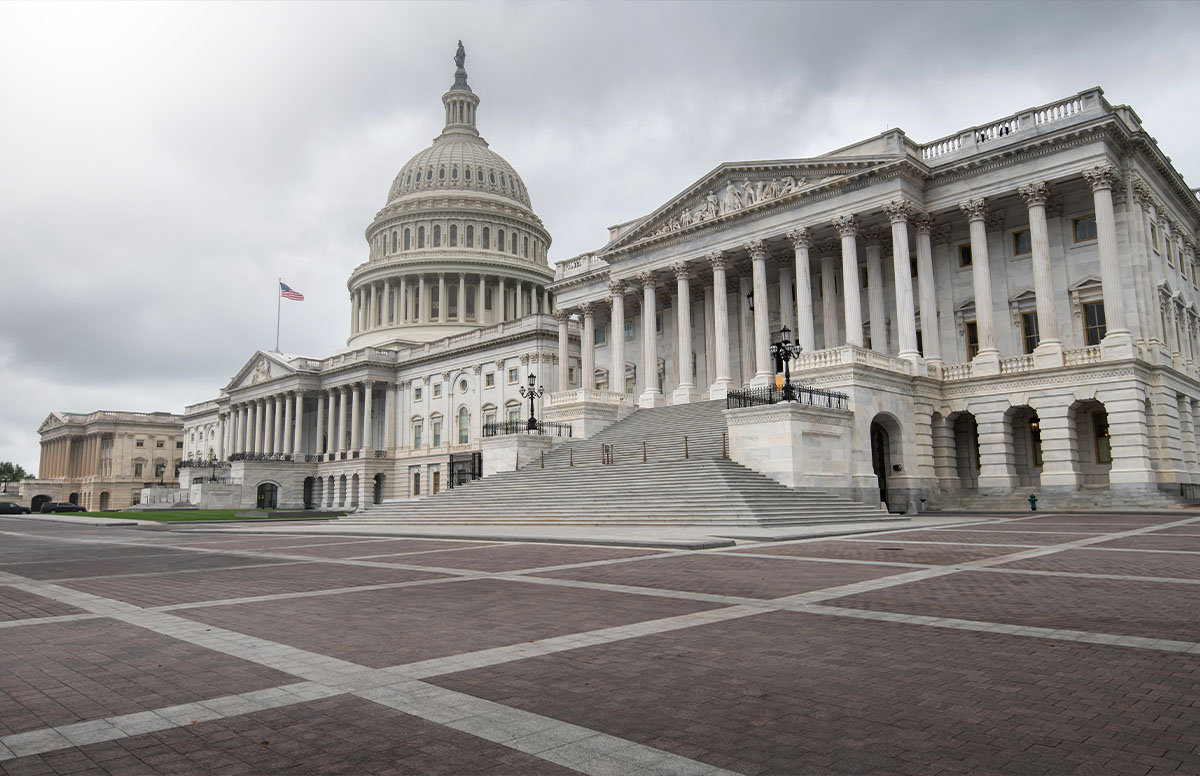The House and Senate struck an agreement on January 7 to topline spending limits for fiscal year 2024 (FY24), a necessary step to enacting federal spending bills to keep government programs funded past upcoming deadlines. With the new agreement, appropriators will race toward finishing funding bills and attempt to avoid a year-long continuing resolution or a government shutdown.
The next step is to divide the topline amounts amongst the 12 appropriations subcommittees and pass the bills, which since November have been combined into two packages. The first package includes funding for four of the bills—including the one that funds the Department of Housing and Urban Development (HUD) housing programs—and the continuing resolution for this package expires on January 19. The second package includes funding for the remaining eight bills, including the ones that fund the Department of Health and Human Services (HHS), Department of State, and Department of Education programs.
The January 7 deal provides the same overall topline spending limits as the deal struck by 2023’s Fiscal Responsibility Act to avoid the debt ceiling breach. In all, the new deal provides $773 billion for non-defense discretionary programs, which reflects a post-2023 side deal to plus up non-defense discretionary spending by $69 billion, and $886 billion for defense programs.
The new deal includes $16 billion in rescissions of previously appropriated funding, including $6.1 billion in rescissions from COVID-era aid. Text or details of the new agreement have yet to be released and LeadingAge is working to understand the specifics of the rescinded funds and their impact on aging services funding.
Given that the overall spending is in line with plans to pass FY24 bills in 2023 that were derailed because of lack of support in the House it is unlikely bills written under the new caps could be enacted without bipartisan support.
The January 7 deal came after weeks of negotiations, during which LeadingAge joined more than a thousand organizations urging Congress to enact final FY24 spending bills and to not impose year-long continuing resolutions on programs. Year-long CRs are an option for which House leadership has expressed openness.
“Enacting the FY24 NDD cap of $704 billion included in the Fiscal Responsibility Act by passing a full-year CR for all 12 spending bills would mean reducing NDD spending by as much as 9 percent according to the Congressional Budget Office. The cuts would be enacted over the course of nine months or less instead of a full year, making them even more dramatic and painful. The results of these cuts would be catastrophic for the American people and violate the agreement Congress made with the White House in June to lift the debt ceiling. The full terms sheet of the debt ceiling compromise must be honored in the FY24 process,” the letter from the groups said.
HUD’s housing programs rely almost exclusively on annual appropriations. LeadingAge continues to urge Congress to enact final FY24 spending bills that expand the supply of affordable housing while preserving and improving existing affordable housing.

 Shutdown Week Three: Impact of Ongoing Closure on Affordable Housing
Shutdown Week Three: Impact of Ongoing Closure on Affordable Housing


